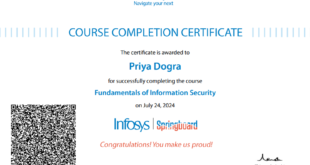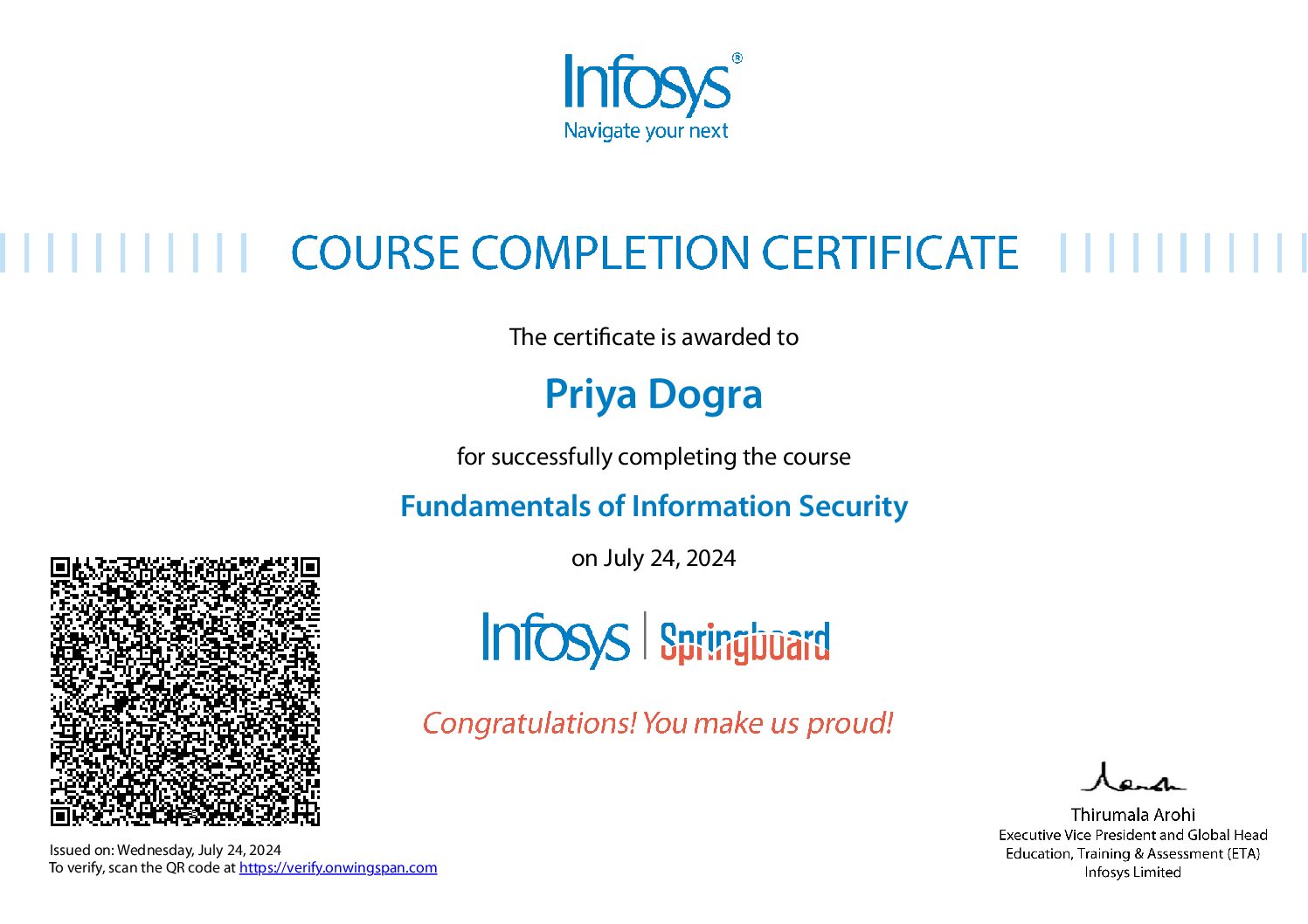ISRO Launched 4 Free Certification Courses for April 2023
Hi everyone, ISRO Edusat has launched 4 Free Certification Courses Online for all students for April 2023. Checkout complete details here and apply for these courses:
SAR Data Processing & its Application with Special Emphasis on RISAT-1A/EOS-4:
About the Course:
Synthetic Aperture Radar (SAR) systems has expanded the technology of Microwave remote sensing in various applications. To understand the SAR imagery, the physics phenomenon behind the interaction of the electromagnetic wave with the earth’s surface features needs to be understood. SAR data processing is also different from optical data processing as it involves many signal processing techniques. The SAR data processing uses the pulse compression techniques, Linear Frequency Modulation (LFM) concepts, Range & Doppler information, and various other SAR parameters. The Range-Doppler algorithm (RDA) is a common technique to focus the SAR data. Since SAR is a ranging instrument, geometric distortions are more prevalent in SAR Image as compare to the optical image.
Curriculum:
- SAR Remote Sensing Concepts: SAR Geometry, Imaging Modes, RISAT-1A/EOS-4 Modes, SAR Resolution, Geometric Distortions, SAR Image Properties and Interpretation.
- SAR Data Processing-I: SAR Data Processing Concepts, Pulse Compression Technique, Synthetic Aperture Concept, Range Cell Migration (RCM), Range Doppler Algorithm.
Target Participants:
The candidates who want to participate in the course should be a graduate or postgraduate. Technical/ Scientific Staff of Central/State Government/Faculty/Researchers at university/institutions are also eligible to apply for this course. Applications of participants have to be duly sponsored by university/institute and forwarded through coordinators from respective centres.
Prerequisite: Basic Knowledge of Remote Sensing and Digital Image Processing
Certificate: Working Professionals and Students: Based on 70% Attendance.
APPLY FOR THIS COURSE: CLICK HERE
Advances in Remote Sensing Techniques for Geological Applications:
About the Course:
Advances in remote sensing technology, as such, has reliably brought revolutionary changes specially in the field of mapping, monitoring, characterization, change detection of natural resources in a big way. Hence, its applications in geological problems are nowadays not restrained only for inaccessible area but onto almost all evolving branches of earth sciences giving rise to strategic ways to understand the process, problems, outreach possible outcomes and remedial measures, as applicable. Recent advances in the field of optical, thermal, microwave and hyperspectral range of remote sensing caters to niche areas including lithological, structural, geochemical and geodesy showcasing ability to provide critical aid in mineral exploration, crystal deformations, geohazards like landslides and earthquakes, land subsidence and deformation studies, planetary exploration etc.
The course is scheduled from March 13-24, 2023.
Course Structure:
Overview of RS and GIS applications in geosciences including role of optical, thermal, microwave, hyperspectral RS in geological sciences. Subsidence, surface deformation and other geological applications, glacial dynamics/cryospheric studies, geo-environmental applications, mineral targeting and exploration, landslide initiation process mapping and modeling, integrated approach involving GNSS, Geodesy and geophysics in geosciences, Planetary exploration with special emphasis on ISRO missions using advance remote sensing techniques will be catered to.
Certificate: Working Professionals and Students: Based on 70% Attendance.
APPLY FOR THIS COURSE: CLICK HERE
RS and GIS Applications in Atmospheric and Oceanic Hazards:
About the Course:
A natural disaster can cause loss of life or damage property, and typically leaves some economic damage in its wake, the severity of which depends on the affected population’s resilience and on the infrastructure available. The manmade disasters such as fire and anthropogenic emissions are also play adverse effect to human life. Disasters are becoming more frequent, and the number of persons affected is increasing. The impact of the natural disasters is impossible to avoid, but it may be possible to plan ahead of time to minimize the impact that any given disaster might have on human health, life and property. Therefore, the information of such type of events is required well advance in time to minimize the impact on society
Course Curriculum:
Introduction to Atmospheric and Oceanic Hazards:
- Overview of Earth Observation Satellites and Sensors for atmospheric and oceanic hazards studies
- Applications of satellite data for the analysis of extreme rainfall events, extreme dust episodes
- Satellite data applications in Tropical Cyclone studies
- Overview of storm surge and Tsunami
- Applications of satellite data in air quality assessment
Certificate: Working Professionals and Students: Based on 70% Attendance
APPLY FOR THIS COURSE: CLICK HERE
Geospatial Modeling Driven Urban Hazard and Risk Analysis:
ISRO invite you to attend this one-week online course on “Geospatial Modeling Driven Urban Hazard and Risk Analysis”. The course is scheduled during February 13-17, 2023. The course will contain five lectures (One each day) covering various aspects of urban hazards.
Objective of the Course:
To familiarize urban planners and administrators with application of geospatial techniques in risk modelling of various hazards in urban areas.
Content: Overview of Geospatial Appl. For Hazards & Risk Analysis, Urban Flood Hazards and Risk Modeling, Urban Seismic Risk Assessment, Air Pollution Hazard Assessment, Geospatial Research and Modeling for Heat Waves and Urban Microclimate Studies.
Target Participants: The course is designed for Professionals,researchers and students (at least Graduate) engaged in the field of Urban & Regional Planning, Geospatial Technologies, Disaster Risk and Mitigation, Environmental Studies, Civil Engineering, Architecture and Modeling Community.
Certificate: All the participants who attend the programme through e-class portal will get a e-certificate for participation.
 Priya Dogra – Certification | Jobs | Internships
Priya Dogra – Certification | Jobs | Internships



